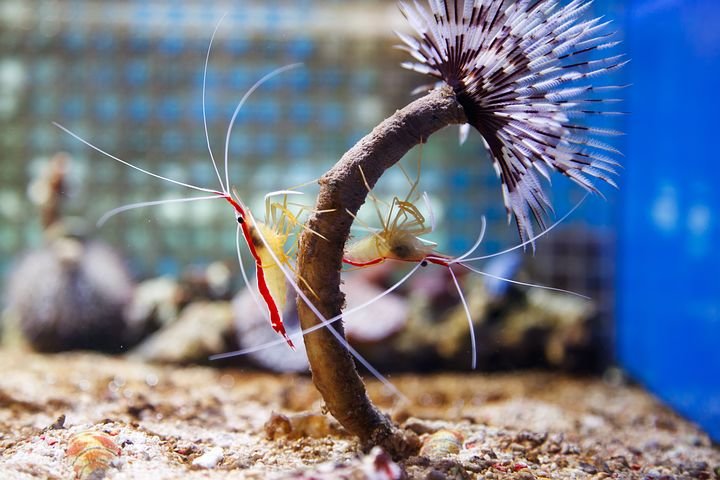By Allen Brown
Like all other living creatures, aquatic plants also require care and maintenance to survive and thrive. Some would say aquatic plants are harder to care for than regular plants because they are a less common form of vegetation. Here are seven tips to make sure that your aquatic plants live a long and healthy life.
Make sure you know what aquatic plants you are growing in your aquarium. There is a huge variety of aquatic plants for you to choose from, each requiring a different level of effort and care. If you are a beginner, it is best to start by growing plants that do not require much effort and upkeep, and are relatively self-sufficient. Java or Marimo moss, Amazon Sword and Vallisneria are all aquatic plants that are low maintenance. If you know your plants, it is easier for you to take care of them.
If you are starting your journey with aquatic plants, you need to make sure that you provide the right environment for your plants to thrive in, the most important factor being the water they are growing in. Just like regular plants, aquatic plants need the correct balance of oxygen and carbon dioxide to survive. Most aquatic plants cannot survive in saltwater aquariums or coldwater aquariums. Be sure to get the specific type of aquarium that your plants will need. A freshwater aquarium can provide the correct balance of gases and nutrients for many plants to thrive in, so maybe check that out first.
Aquatic plants photosynthesize; hence they require the correct lighting to survive. Light is the main ingredient for plants to thrive, and most aquariums have incorrect or insufficient lighting for plants to photosynthesize properly. Knowing this, be sure to invest in the correct lighting for your plants. It should go without saying, but different aquatic plants will require different types of lighting, so be sure to check what's best. You can choose from fluorescent lighting or LED bulbs, but it is best to avoid incandescent light bulbs, which low-quality aquariums use to cut costs. As a rule of thumb, you should have 4-5 watts of lighting for every gallon of water in the aquarium.
Layering the soil in your aquarium for your aquatic plants is also very important as this is where your plants will be drawing most of their nutrition from. The substrate you choose determines the quality of life for your aquatic plants. It is best to use fine gravel or sand for aquatic plants as they help ground the roots of the plants. Using dirt, soil or loam is never a good idea in freshwater aquariums as they cause harmful bacteria to grow in the water that adversely affects the life of aquatic plants. Even if the loam is sterilized, it provides no nutrition to the plants.
To give your aquarium that extra boost, you can also use fertilizer; but if you do, make sure you do your research and use the correct type and dosage. To determine what fertilizers to use for your aquatic plants, it is best to visit your local aquarium shops and talk to an expert. You will also need to choose which type of fertilizer to administer to your plants. Substrate fertilizers present in the soil, including tablet fertilizers, or liquid fertilizers, and are the most common and should be used weekly.
Even though this should be an obvious enough instruction, more often than not, most people do not realize how important it is for the health of your aquatic plants to keep a clean and tidy aquarium. Additionally, the quality of the water you are using for your aquarium is also very important in determining how well your aquatic plants are thriving. You can invest in a good tank cleaner for your aquarium, but that alone may not be enough to keep algae in check. You will have to physically clean out your tank once in a while to keep it thoroughly clean.
The last thing on this list is to provide constant care to your aquatic plants. Like all living things, these plants require your attention and care. There is a very fine balance of nutrients, gases, and water pH level required for these plants to thrive, and to determine what works best for your plants, you need to pay attention and extra care for your plants.

Even though aquariums are mostly used for decorative purposes for fish, aquatic plants in aquariums provide a fresh change of scenery in households. A healthy and beautiful aquarium is always a welcome addition to any household.
Comments
No comments on this item Please log in to comment by clicking here